Isaac Aftermath: 'Swamp Rats' Die En Masse
Nutria Bodies
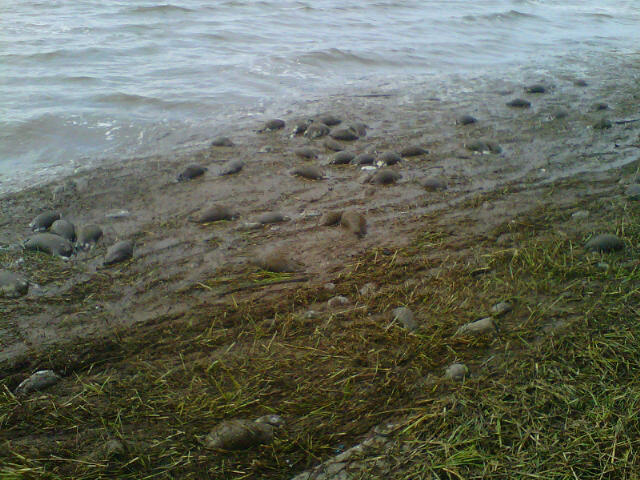
Piles of nutria carcasses line beaches in Mississippi after Hurricane Isaac flooded the invasive rodents' marsh habitats.
Dead Nutria
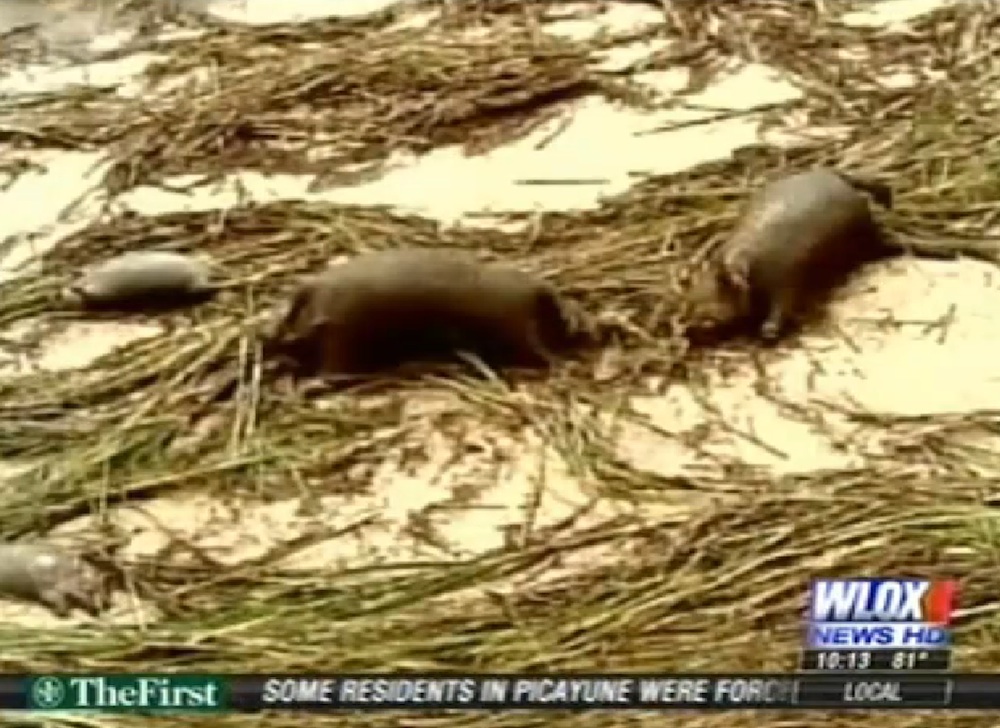
Tens of thousands of drowned nutria have washed up on beaches in Mississippi after Hurricane Isaac.
Nutria Washed Ashore
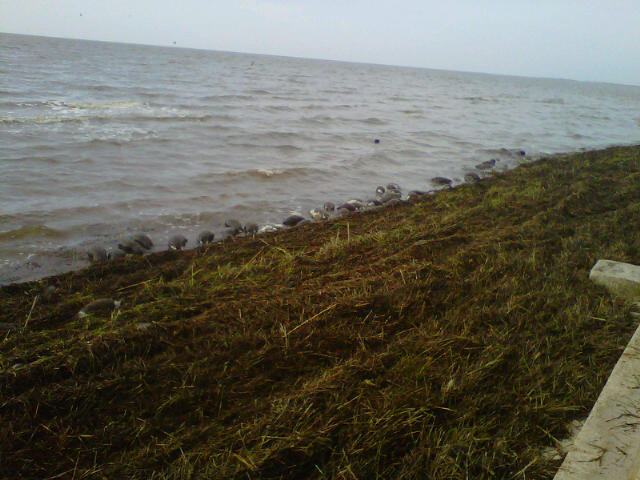
Clean-up crews are removing the rotting nutria carcasses with pitchforks and front-end loaders. The smell is reportedly terrible.
Dead Nutria
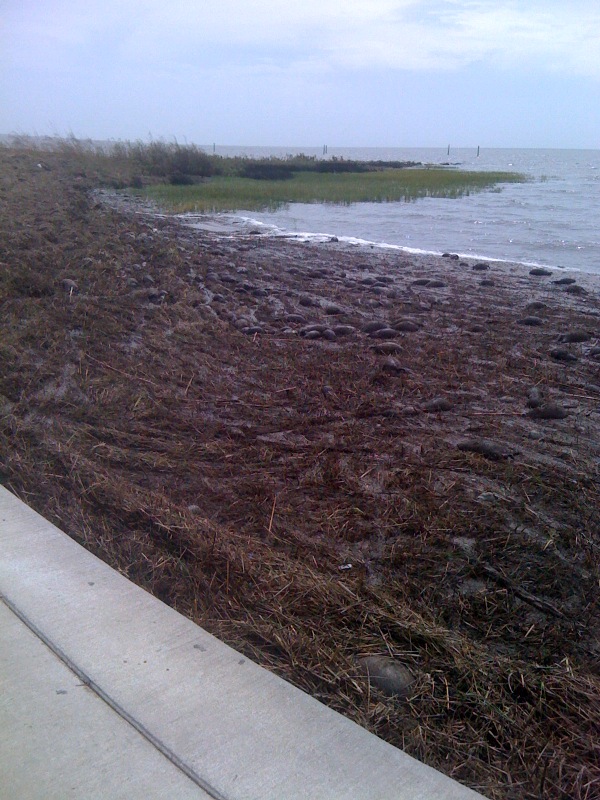
Mississippi officials estimate that there could be as many as 20,000 dead nutria (several tons' worth) washing ashore.
Nutria Family
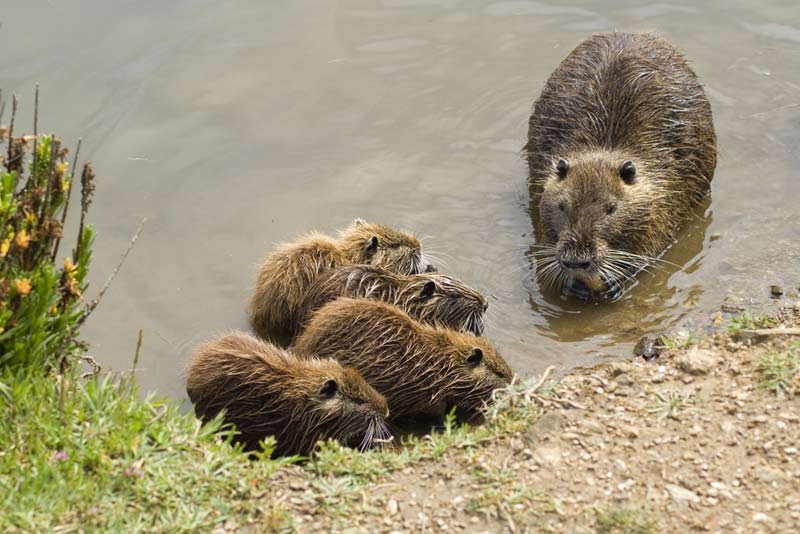
Also called coypu, nutria (Myocastor coypus) were introduced to every continent except Antarctica and Australia from South America, according to the USGS. Though the semi-aquatic rodents are viewed as pests by many, as they destroy large swaths of marsh vegetation and crops, they are valued for their fur in some regions. It was partly this interest in their fur that led to their spread throughout the world.
Nutria
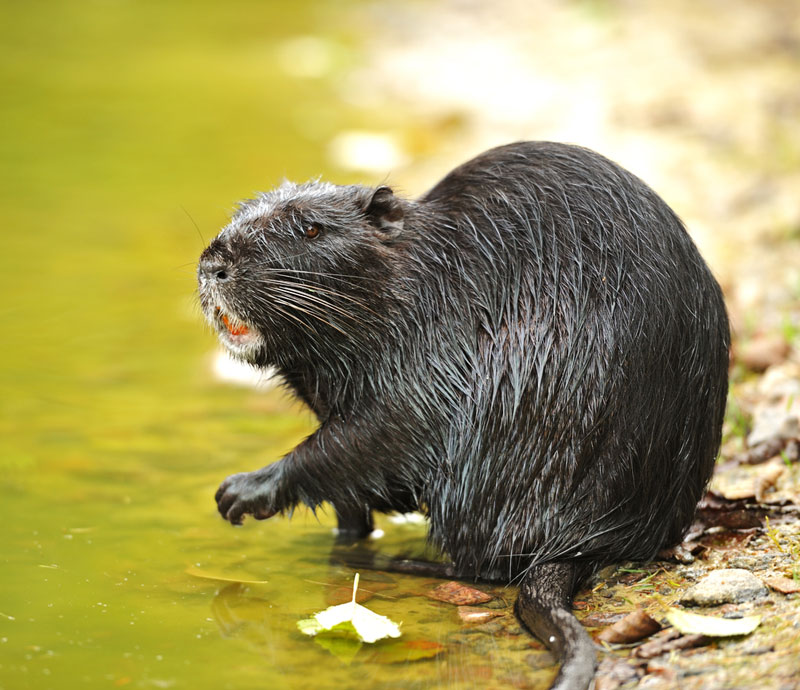
Weighing on average 12 to 15 pounds (though they can get as large as 20 pounds), nutria are like giant rats. They sport large front teeth and forepaws with four clawed toes and a non-functional toe; their hind feet are tipped with 5 clawed toes, four of which are webbed to help the rodents move through their watery homes.
Nutria Corpses
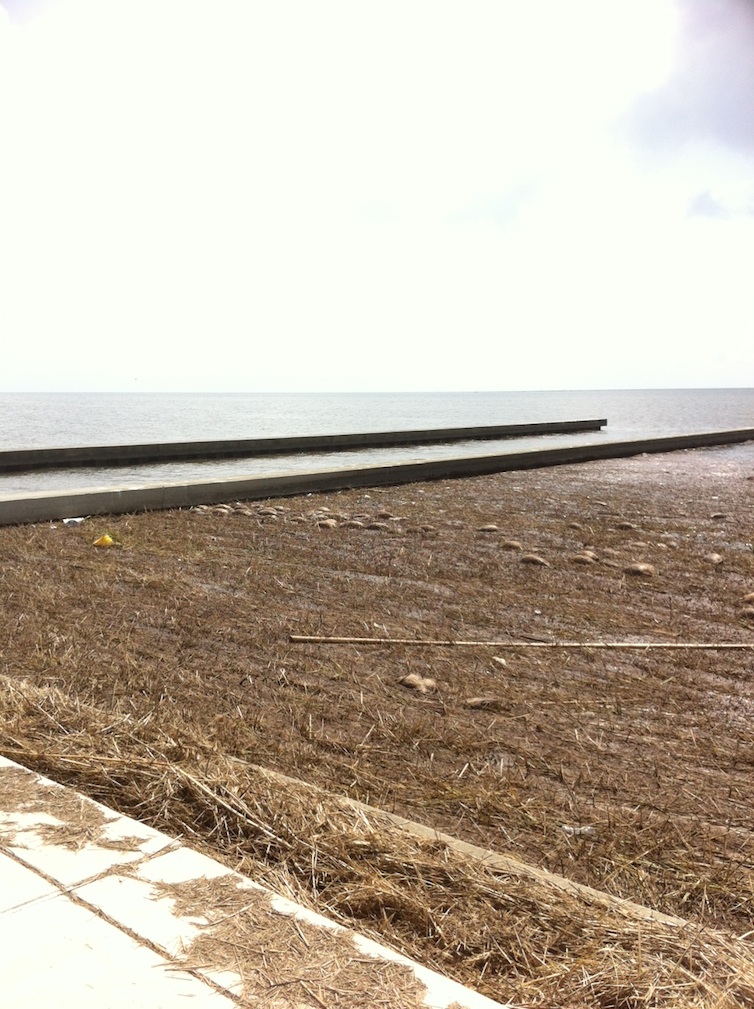
Nutria corpses dot the shoreline in this image from a Mississippi Department of Environmental Quality field worker.
Get the world’s most fascinating discoveries delivered straight to your inbox.
Dead Nutria
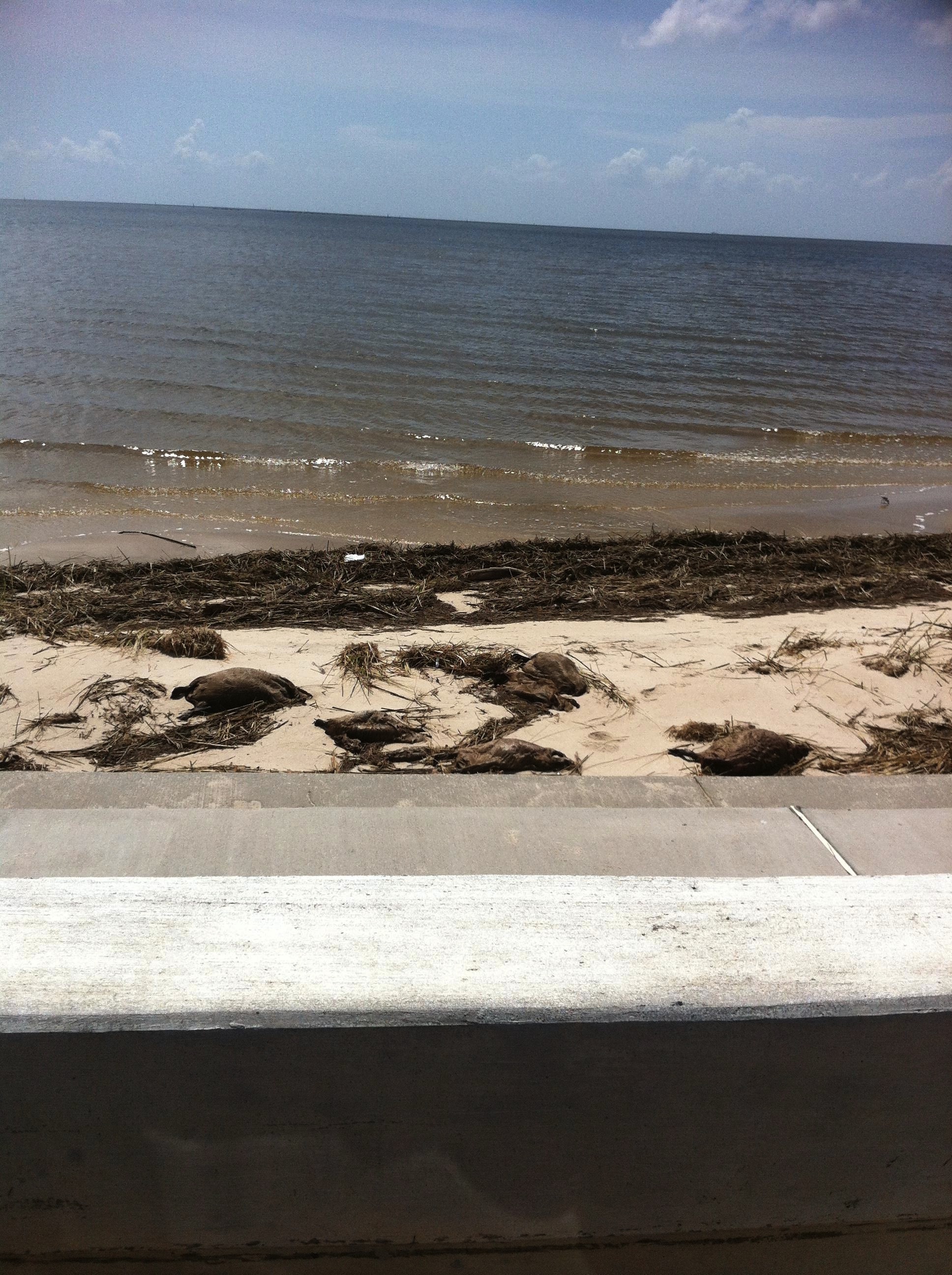
Officials expect more nutria to wash ashore in the next several days.
Dead Nutria
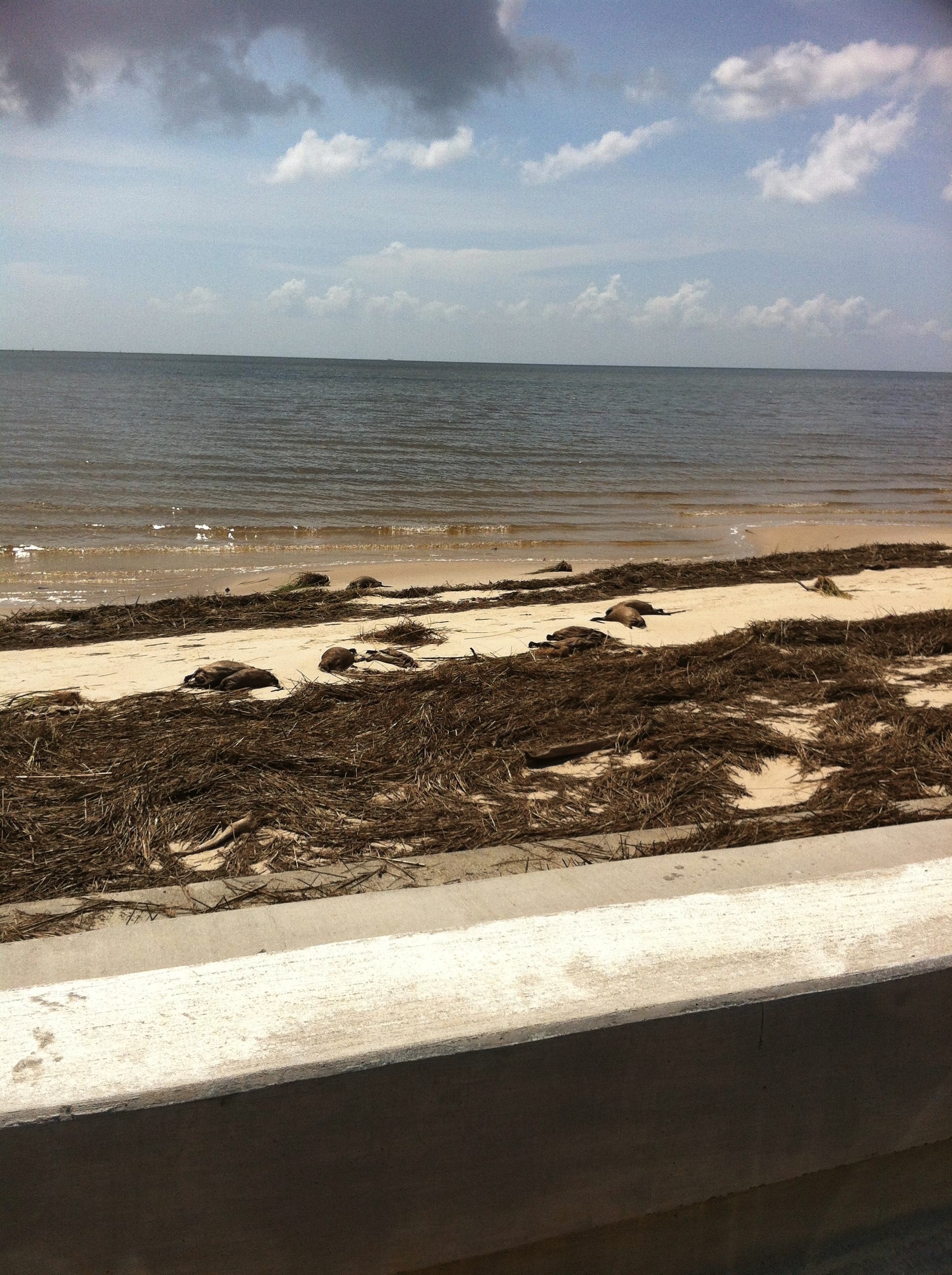
Nutria are invasive species that live in marshlands along the Gulf Coast.

Stephanie Pappas is a contributing writer for Live Science, covering topics ranging from geoscience to archaeology to the human brain and behavior. She was previously a senior writer for Live Science but is now a freelancer based in Denver, Colorado, and regularly contributes to Scientific American and The Monitor, the monthly magazine of the American Psychological Association. Stephanie received a bachelor's degree in psychology from the University of South Carolina and a graduate certificate in science communication from the University of California, Santa Cruz.


